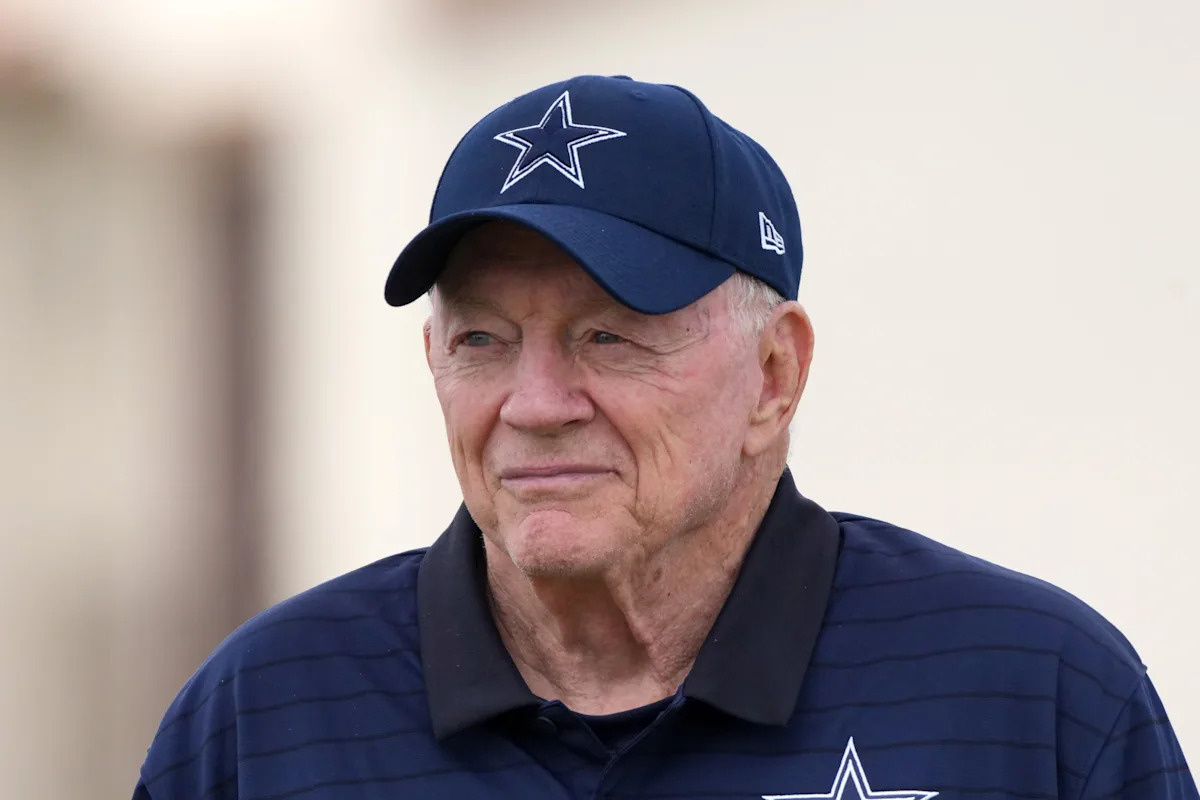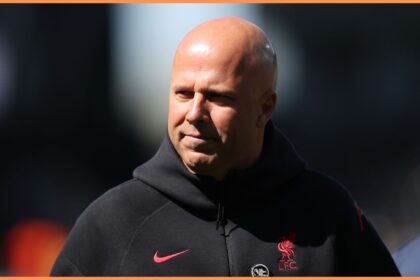In recent years, during contract extension talks with one of the Dallas Cowboys’ star players, discussions reached a breaking point. Owner Jerry Jones and his son Stephen tried repeatedly to engage players in private meetings, frustrating agents who eventually sent a direct message to Jerry: “Stop trying to talk to my players without me.”
This scenario is common among agents, who have long expressed concerns about how the Cowboys manage high-stakes negotiations. Talks often stagnate and escalate into tense or passive-aggressive exchanges, sometimes halting entirely. Agents accuse Jerry Jones of trying to pressure players into accepting discounted deals by isolating them in one-on-one meetings, sometimes under false pretenses, and appealing to their loyalty to the Cowboys with promises of team legacy and Super Bowl glory.
These tactics have been subtly used behind closed doors, but some moments have become public, such as quarterback Dak Prescott’s agents being heavily involved in tense, drawn-out contract talks, or former running back Ezekiel Elliott’s camp relocating to maintain direct communication with the Jones family. Both cases highlight players relying on their agents to secure fair contracts, a pattern repeated with other stars.
However, none of these difficulties were as vocal or dramatic as the recent situation involving edge rusher Mika Parsons, who publicly demanded a trade and expressed his desire to leave the Cowboys amid contract disputes. Parsons revealed he met with Jerry Jones about leadership but did not anticipate formal contract negotiations, pointing out the team had not engaged his agent until recently. This public airing of grievances is unprecedented for a star player in Dallas and underscores ongoing frustrations with how the organization handles negotiations, often sidelining agents despite player requests.
Jerry Jones has declined to comment on the details, emphasizing confidence in Parsons but refraining from addressing the disputes. Agents see this as a “my way or the highway” approach that eventually pushes players away, sometimes leading to trade demands, as appears to be the case here.
This story’s resolution likely won’t just be a contract extension but a deeper fracture in player-management relations, reflecting long-standing issues in Dallas’ negotiation style under Jerry Jones.
—
Fan Take: This conflict shines a spotlight on the growing tension between NFL players, their agents, and team owners, highlighting the importance of transparent and respectful negotiations. For fans, it raises questions about player loyalty and management tactics, potentially influencing how teams handle star players and contract talks across the league.



